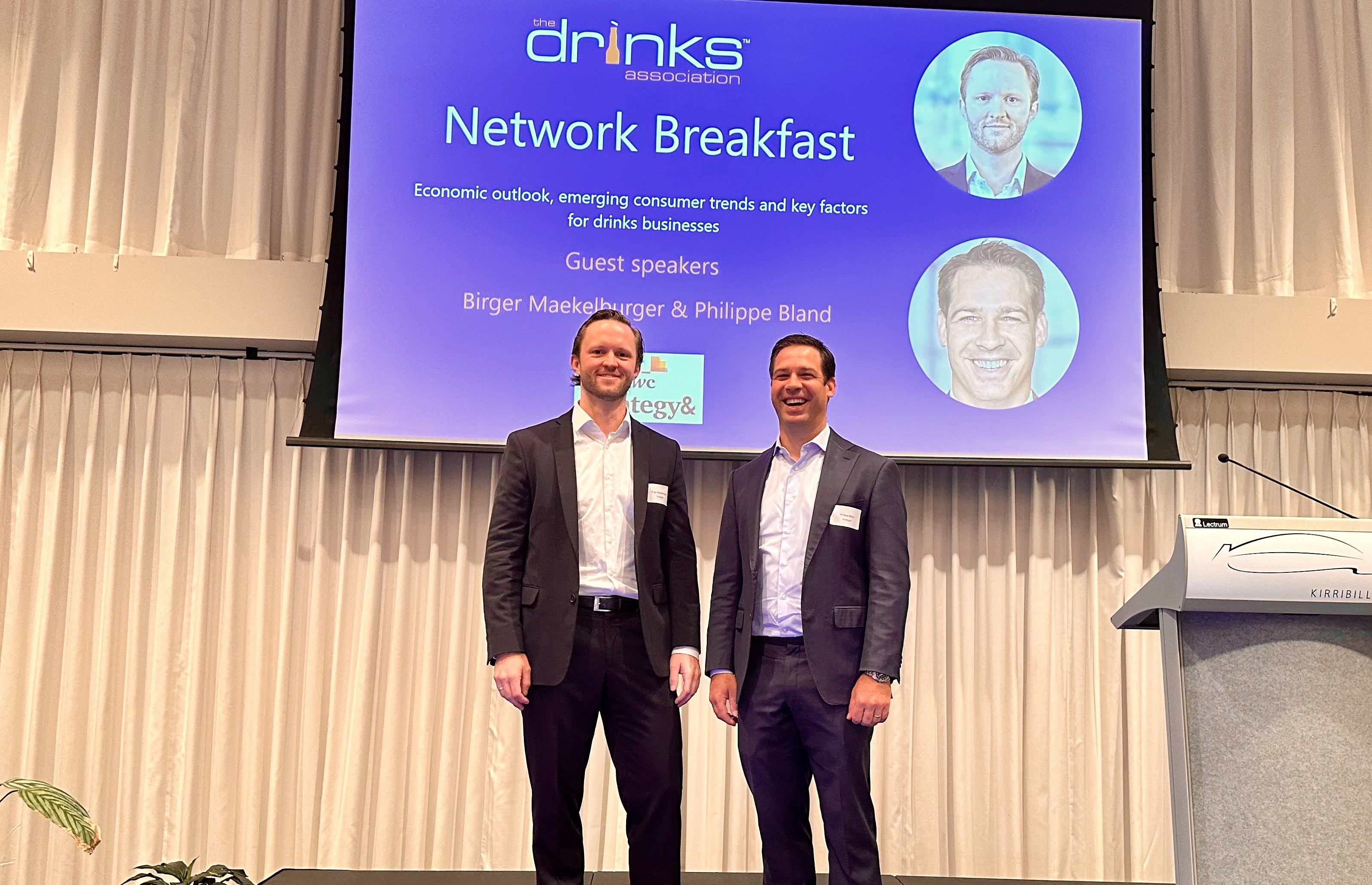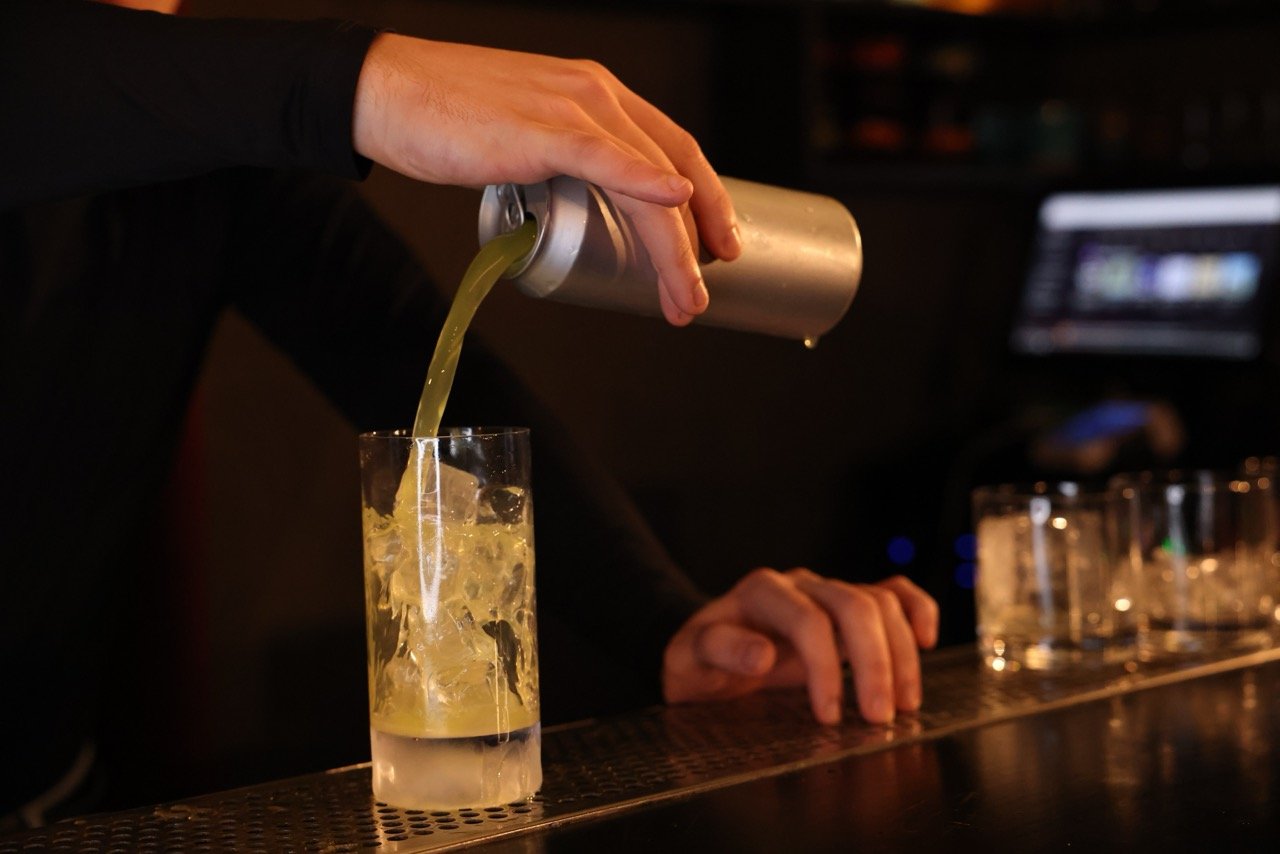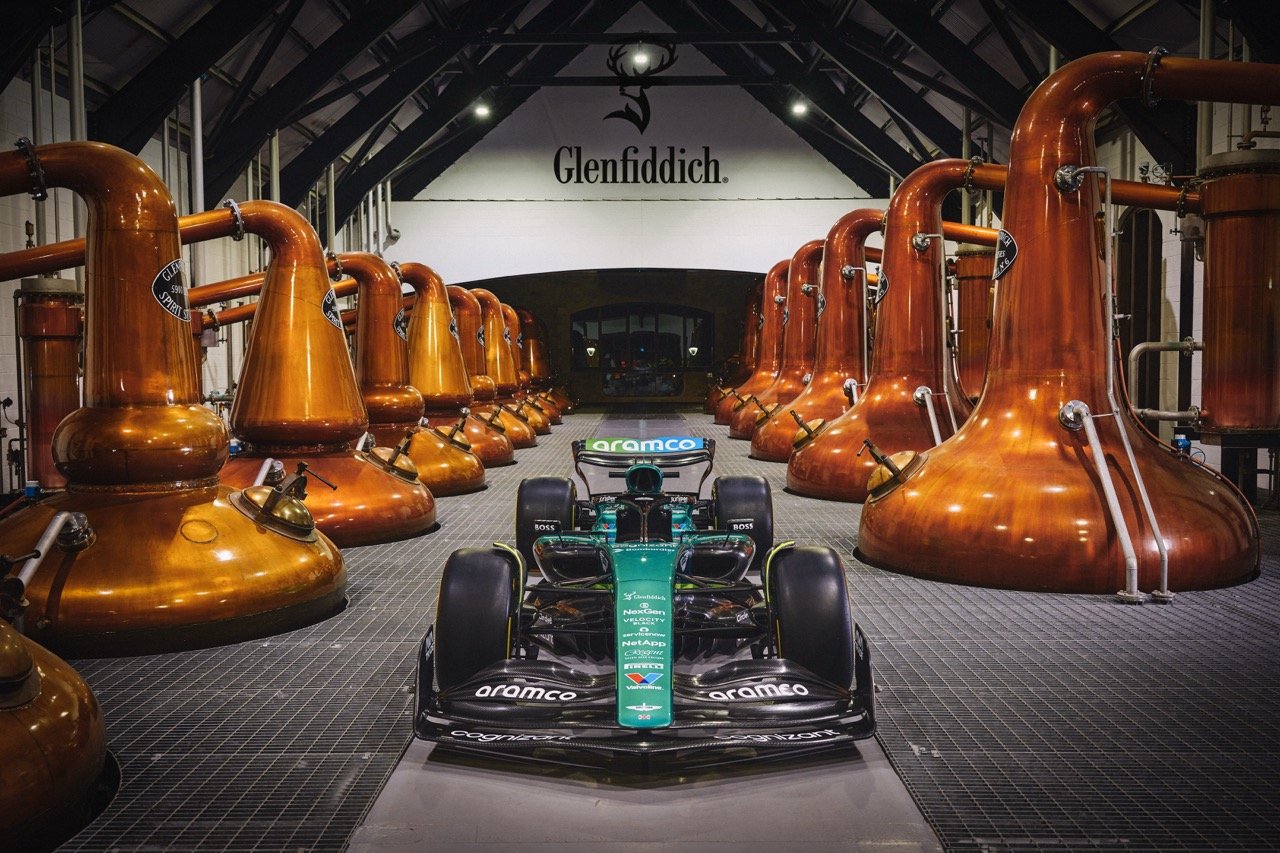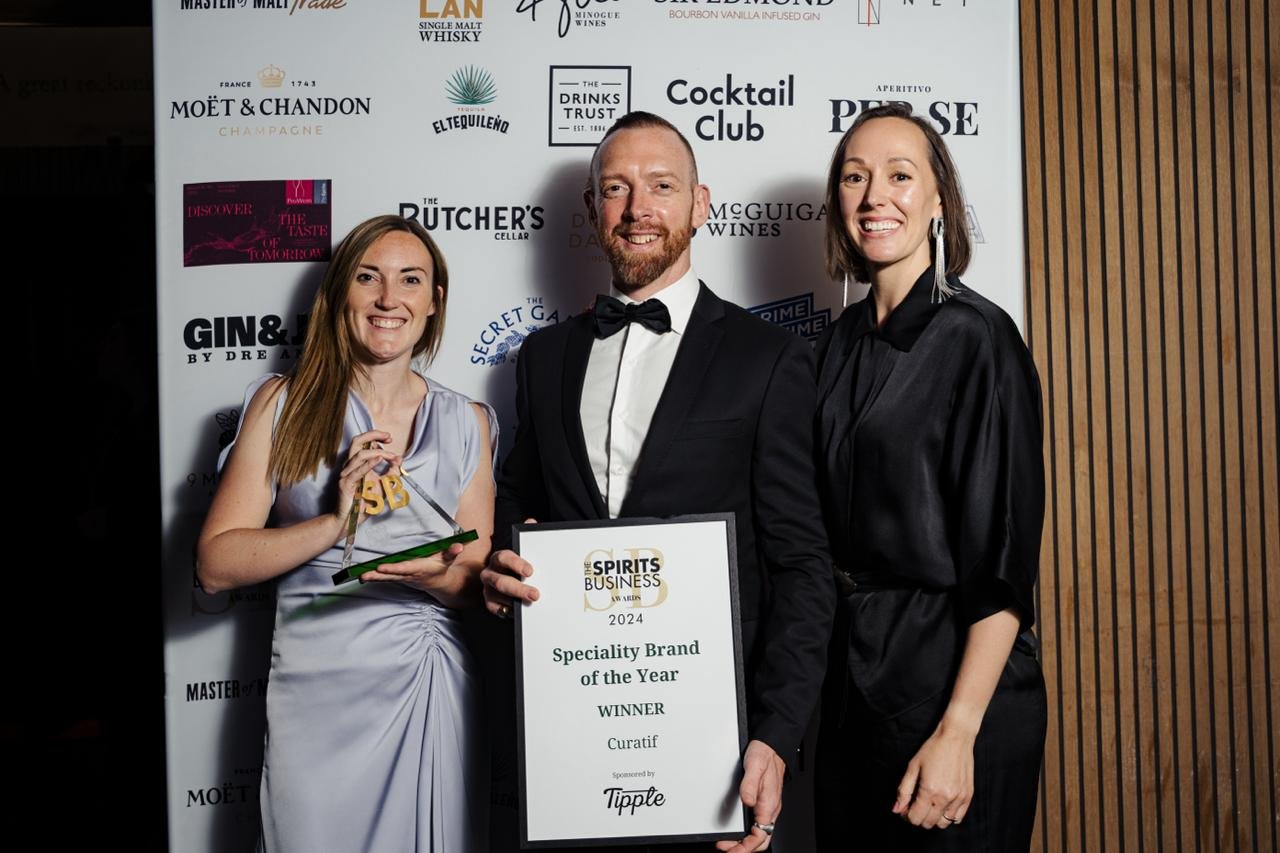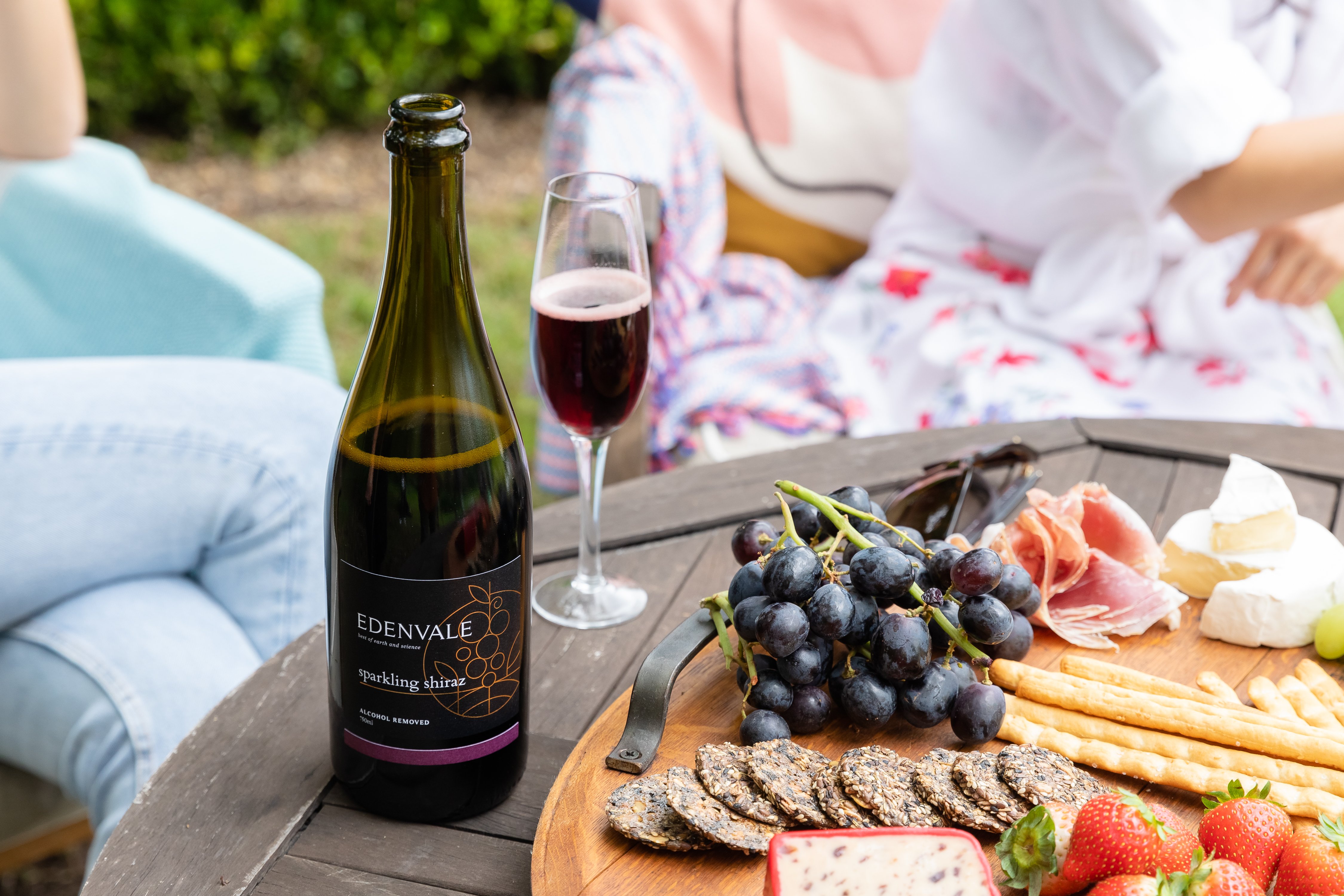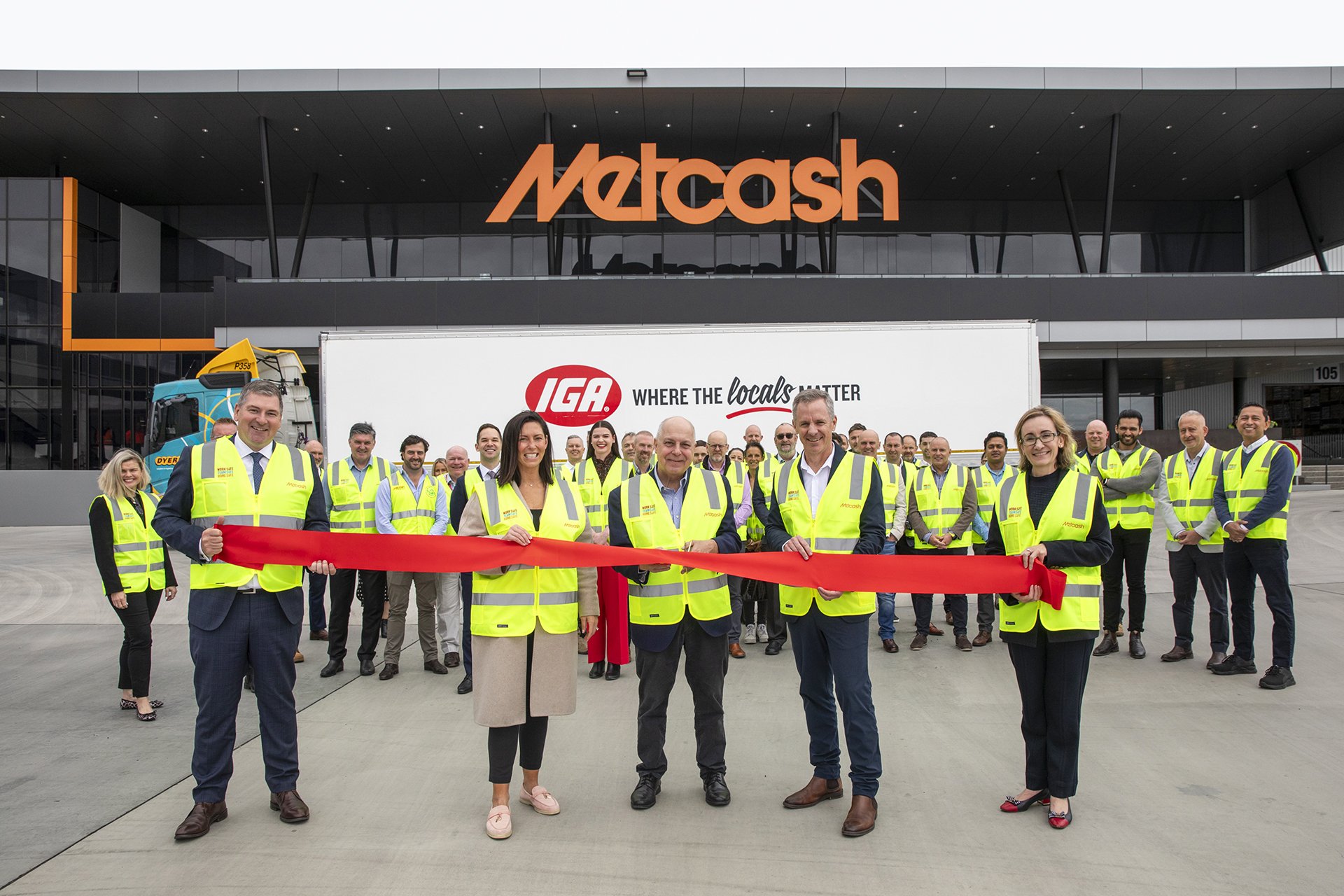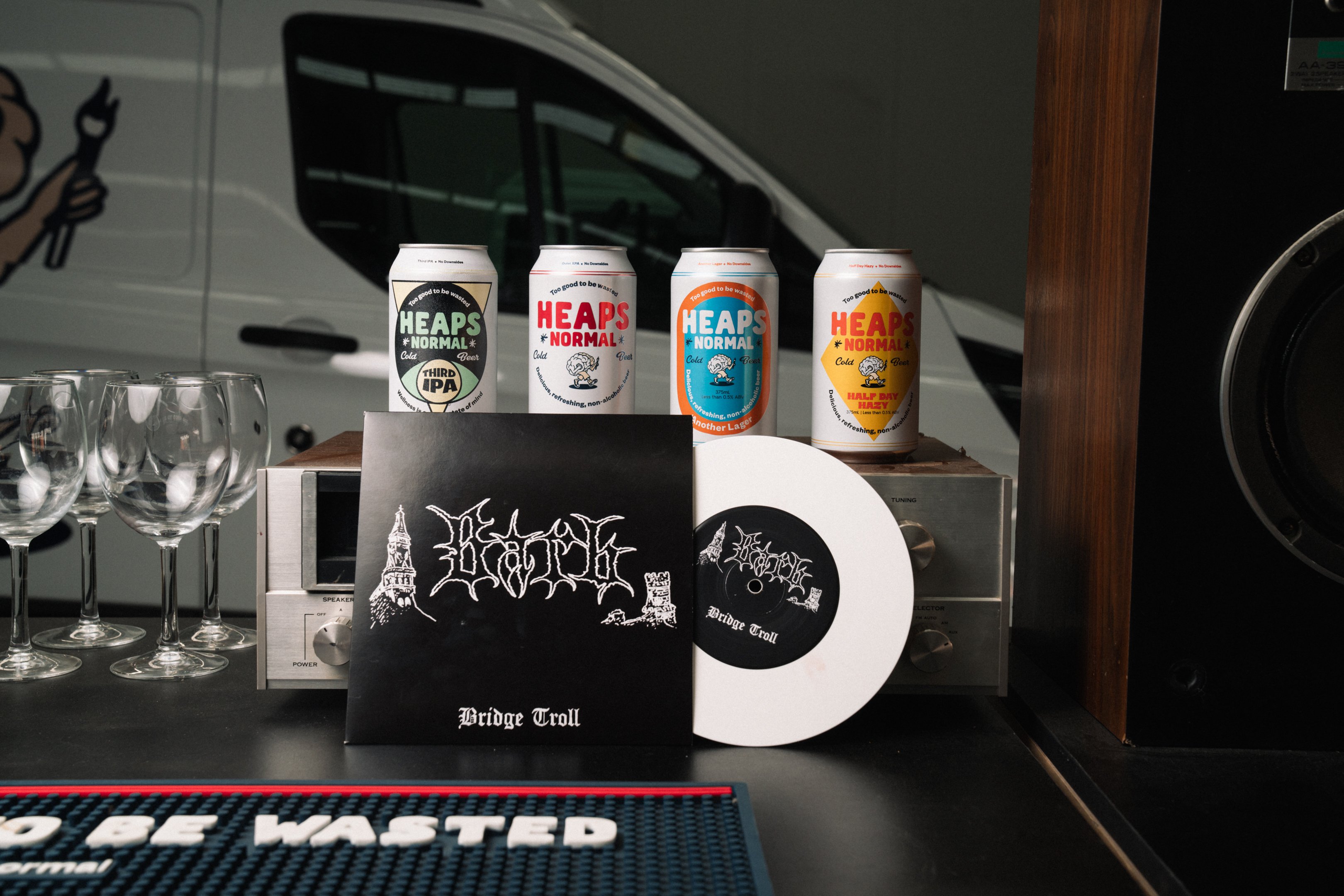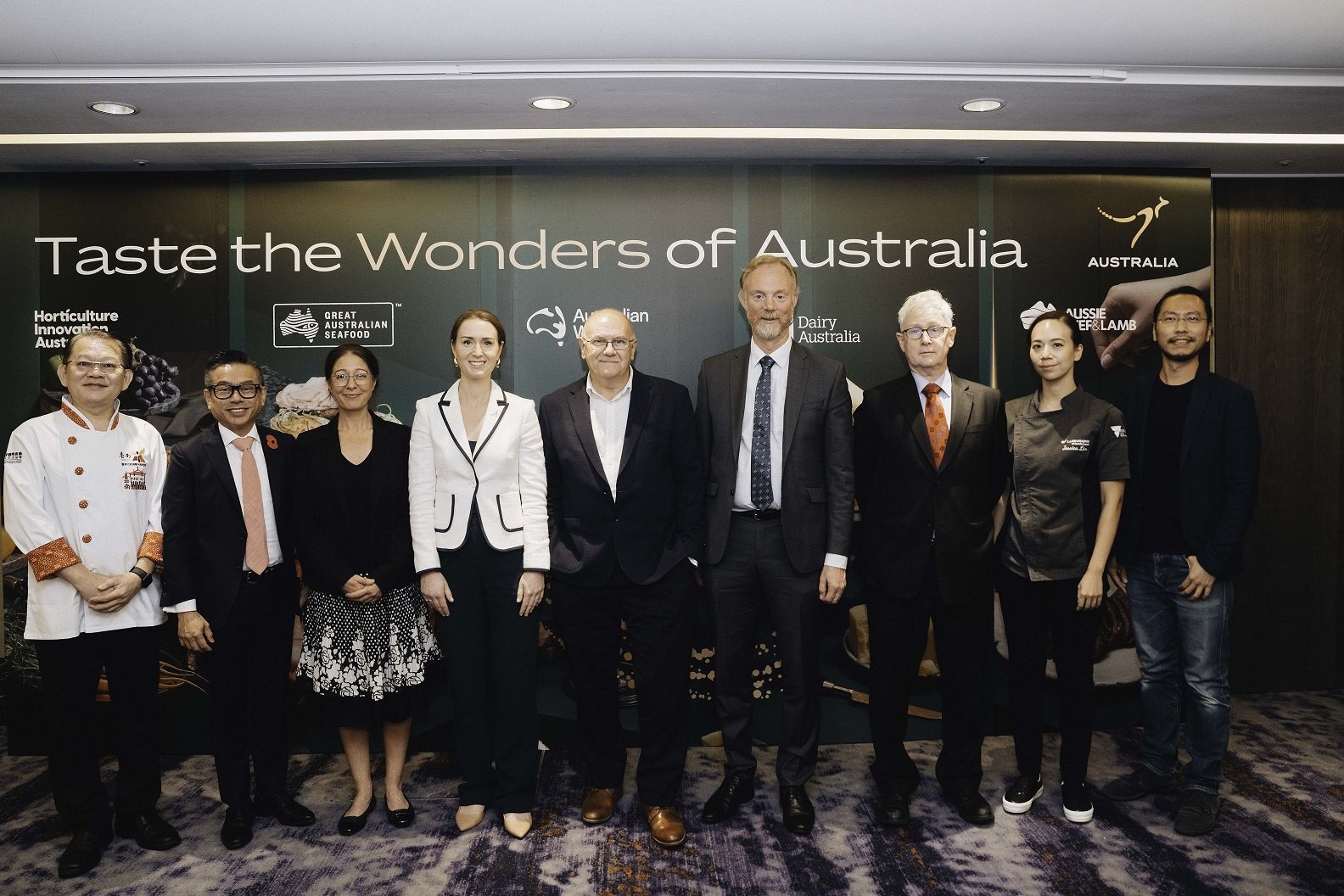“A slowdown is visible across categories, including alcoholic beverages,” Birger Maekelburger, Partner at PwC, told guests at The Drinks Association Network Breakfast this Wednesday. This, he said, “is important to view across market segments and to understand the demographic of your consumer”.
Birger Maekelburger is a Partner in PwC’s Strategy Consulting team Strategy&, based in Melbourne and presented alongside Philippe Bland, a Director in PwC’s Strategy Consulting practice – Strategy&, based in Sydney. While Birger led on the economic overview, Philippe overlaid consumer trends specifically relating to the alcoholic beverages sector.
Maekelburger told the audience that there are a number of economic factors that are key drivers for consumer spending and that it's not as simple as looking at the RBA's decision around interest rates.
"Key factors such as GDP, household savings, topline CPI, net migration, interest rates and workforce participation all affect the consumer spend"
Telling the audience that the inflation figure has “likely peaked’ he also warned that the speed of the reduction may not satisfy the RBA’s goal of bringing back inflation to between 2 and 3% by 2025/26.
The resulting interest rate increases have been reflected in three distinct household groups: Renters, Mortgagees and Retirees. The hardest hit are the Mortgagees most exposed with the highest home loan balances, typically in the 35-44 and 45-54 age demographic. Understanding your customer and their particular financial situation will be key to businesses succeeding in the coming economic climate.
Philippe Bland drilled down into inflationary effect on consumer behaviour where they are either choosing to drink better quality, less often or down-trade. Quoting from two key retailers in the presentation:
"Customers are absolutely still willing to spend $40 on a bottle of wine or a premium champagne, but they expect a good deal" - Steve Donahue, Endeavour Group
"At a time when cost of living pressures are mounting for many customers, the unique combination of an own brand range, hundreds of dropped and locked prices, thousands of weekly specials...has successfully driven sales and volume" - Steve Cain, Coles Group.
The slowdown has been felt across categories, and while alcoholic beverages have often been labelled as 'recession proof', the reality is many sectors are, or will, feel the pinch.
On-premise, for example, is still seeing strong visitation as consumers retain the enjoyment of the night out and 'simple luxuries', deemed the "lipstick effect".
Looking at overall consumer trends, Bland identified four macro trends that are shaping the drinks industry in Australia.
"Health conscious consumers are driving demand for products with healthier ingredients...lower sugar, vitamins and probiotics.
"There's also a growing trend towards moderation and mindful drinking, which leads to more interest in low or no-alcohol products. And in response to the economic uncertainties, consumers are seeking value for money in their purchases - as well as environmental concerns playing a significant role in their decision making".
The good news is that despite inflationary pressures, alcohol purchases still rank low in the segments that are of most concern to consumers. There is still the feeling that low-cost luxuries are here to stay, and as such, the alcohol beverage segment is still largely 'recession proof'.
Share the content
